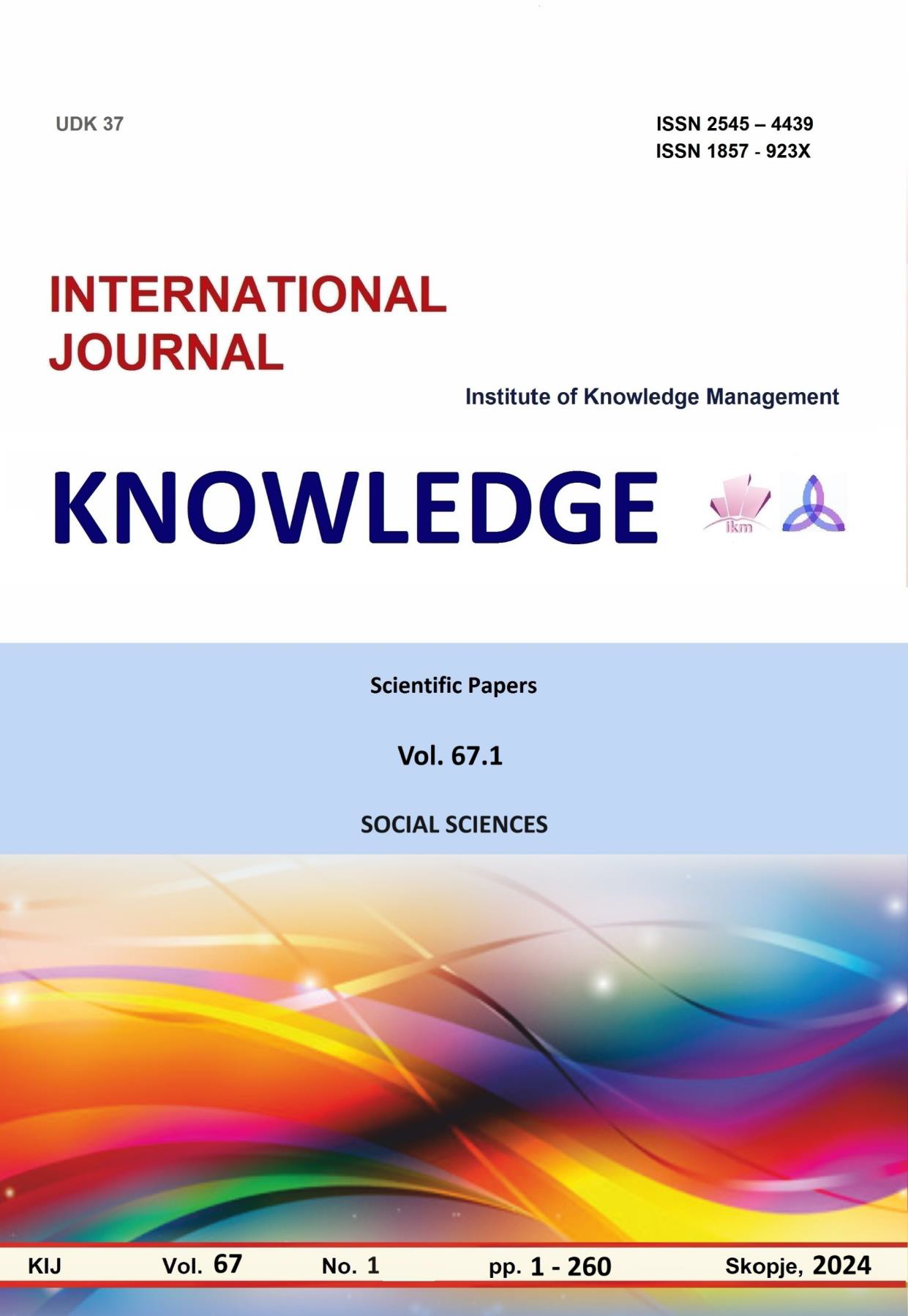РУСКИОТ ИЗВОЗ НА ЕНЕРГИЈА: МОТОР ЗА СОРАБОТКА ИЛИ СТРАТЕШКО ОРУЖЈЕ?
RUSSIAN ENERGY EXPORTS: AN ENGINE FOR COOPERATION OR A STRATEGIC WEAPON?
Author(s): Filip TemelkovskiSubject(s): Social Sciences, Education
Published by: Scientific Institute of Management and Knowledge
Keywords: Russian oil and gas;European Union;Gazprom;Energy;USA;Sanctions;Nord Stream
Summary/Abstract: Between the beginning of the collapse of the Soviet Union in 1991 and the beginning of Russia's Special Operation in Ukraine (2022), three decades have passed. During that period, three leaders changed in the former Soviet Union, i.e. Russia, who marked the history of the largest country in the world. Gorbachev brought about with his famous perestroika to shake and disintegrate the Soviet Union, Boris Yeltsin completed the fall of this former great power, while Putin is perceived in Russia as a restorer of the former empire whose biggest trump card was geography and mineral natural resources in the foreground Russian oil and natural gas. In Yeltsin's era, from an economic and financial but also a technological point of view, Russia was in an inferior position and the only way out of the crisis was economic, commercial and technological cooperation with the European Union. In the 1990s, Russia signed the Partnership and Cooperation Agreement with the European Union, which was the starting point for the development and improvement of relations with the countries of the developed West. This agreement enabled the penetration of Russian energy, oil and natural gas into the European market. On the other hand, Russia could gain significant financial and technological capacities and impose on Europe with its export of oil, derivatives and especially natural gas. Over the years, despite the frequent criticism of the United States for its unilateral almost deterministic dependence on raw energies, which at certain historical moments can evolve into powerful weapons and blackmail. The thirst of the EU and its members for raw energy did not stop, but on the contrary intensified to reach huge percentages. In 2022, before the beginning of Russia's intervention in Ukraine, and the introduction of EU sanctions against Russia, the European Union imported 55% of its energy of which one third of this import depended on Russia. Russian participation in the needs of EU countries reached 35% oil, 30% coal, 33% natural gas. With the escalation of hostilities, it turned out that the fears of American experts that Russia would use its energy exports as a serious weapon of blackmail against EU countries were justified.
Journal: Knowledge - International Journal
- Issue Year: 67/2024
- Issue No: 1
- Page Range: 111-117
- Page Count: 7
- Language: Macedonian

